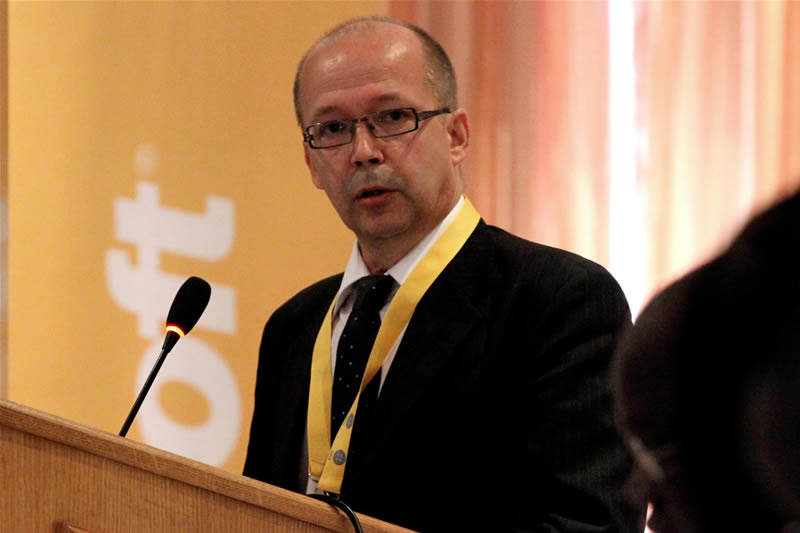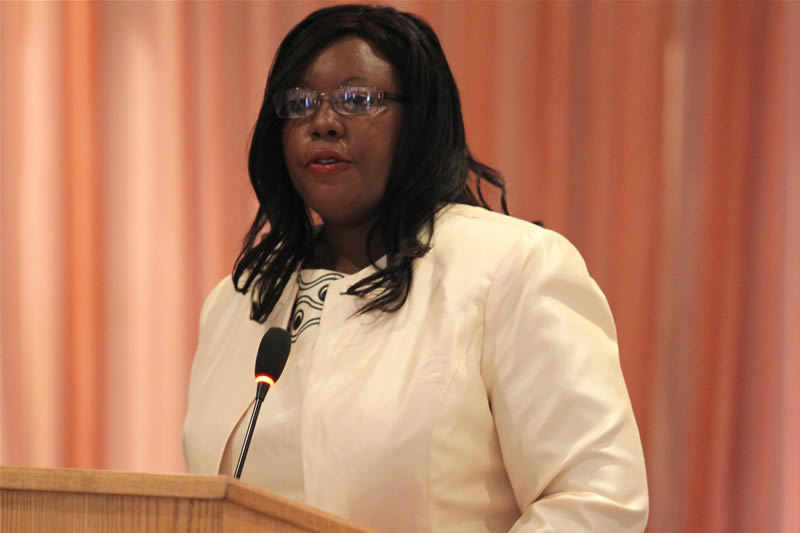- Establish more dynamic institutional structures to respond to changing demands
- Develop effective leadership strategies and capacity-building programmes
- Improve coordination and planning among national institutions for national ICTE interventions
- Find solutions for the effective allocation of resources among competing priorities
- Explore potential tensions between central policy-making and local implementation
- Reduce the time lag between Information and Communication Technology for Education (ICTE) policy formulation and implementation
Leadership; ICT and the MDGs; Provision of evidence of the hard impact of ICT; The sharing of e-Learning research findings; The regular evaluation of ICT4E strategy; The sharing of good e-learning practices; Cooperation; the prioritisation of capacity development; the cultivation of distributed and inclusive leadership; defining the resources needed to achieve policy goals; developing local content that has cultural reference, and educational reform. Following the discussions it was agreed that the creation of an enabling structure and environment to develop a knowledge society in Africa is a priority and depends upon the vision, drive and commitment of policy-makers. MRT participants agreed upon a five step process to achieve inclusive education: The five steps
- Cultivate closer collaboration between ministries, international development organisations, and private sector IT companies, particularly in the area of (ICTE) policy formulation and implementation.
- Cultivate closer collaboration between African countries at the ministerial level whereby African countries that are more advanced with formulating and implementing their ICT for education policy can share their findings and best practices with African countries that are about to embark on this path.
- Develop a Monitoring and Evaluation system in each country to ascertain how well ICTE strategy implementation is working and whether planned outcomes and impact is achieved, so that the ICTE strategy can be fine-tuned at different intervals.
- Invest in more Research and Development (R&D) in each African country and throughout Africa as a whole to breed innovation throughout the continent.
- Help to spearhead a full-fledged ‘ICT movement’ in all African countries, lead by key decision-makers at the ministries.
- Take stock of their existing education system and revise it to suit Africa’s needs.
- Take time to reflect on, internalise and articulate the need for Knowledge Sharing from an African perspective by Africans: no more borrowed and hackneyed concepts from others.
- Substantially Increase investment in R&D in Africa to harness innovation in African societies and economies.
- Ensure that there is distributed leadership throughout the system – i.e. inclusive leadership.
- Recognise and acknowledge Africa’s own home-grown talent and combine this with a concerted effort to stop the brain drain from Africa or ‘national brain migration to different sectors’.
- Create a dynamic system that involves all stakeholders in the policy development process right from the start – particularly those national institutions and organisations that will be required to implement the ICTE policy on the ground – so that they are empowered to understand it and to better implement it.
- Embrace disruption because without some degree of disruption change is not possible.
- Be aware that many people working within ‘the system’ are actively resisting ICT because of the transparency that it brings.
- Listen to the voice of youth because ultimately they will hold leaders accountable.
- Make these issues top priority at the regional level as well as the national level.
www.elearning-africa.com/mrt/downloads/MRT_2010_The_Lusaka_Communique.pdf


